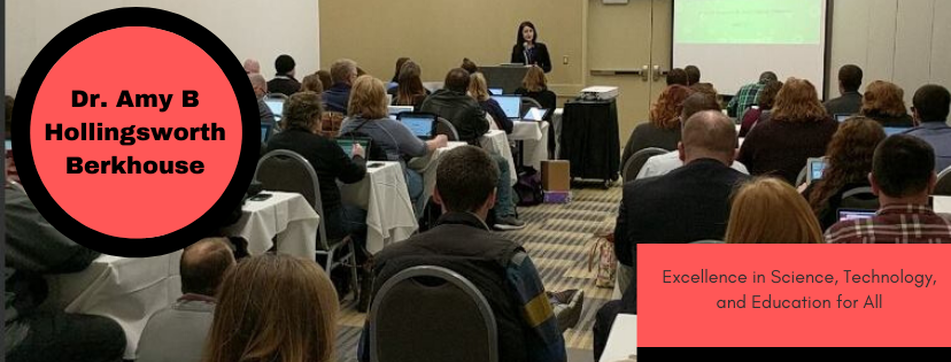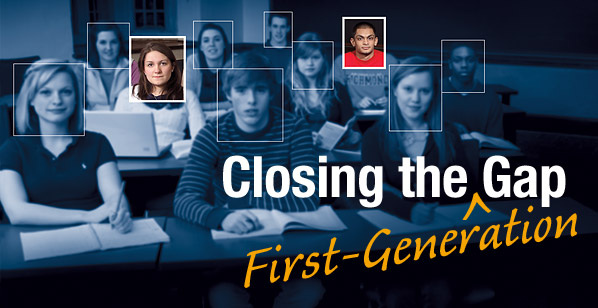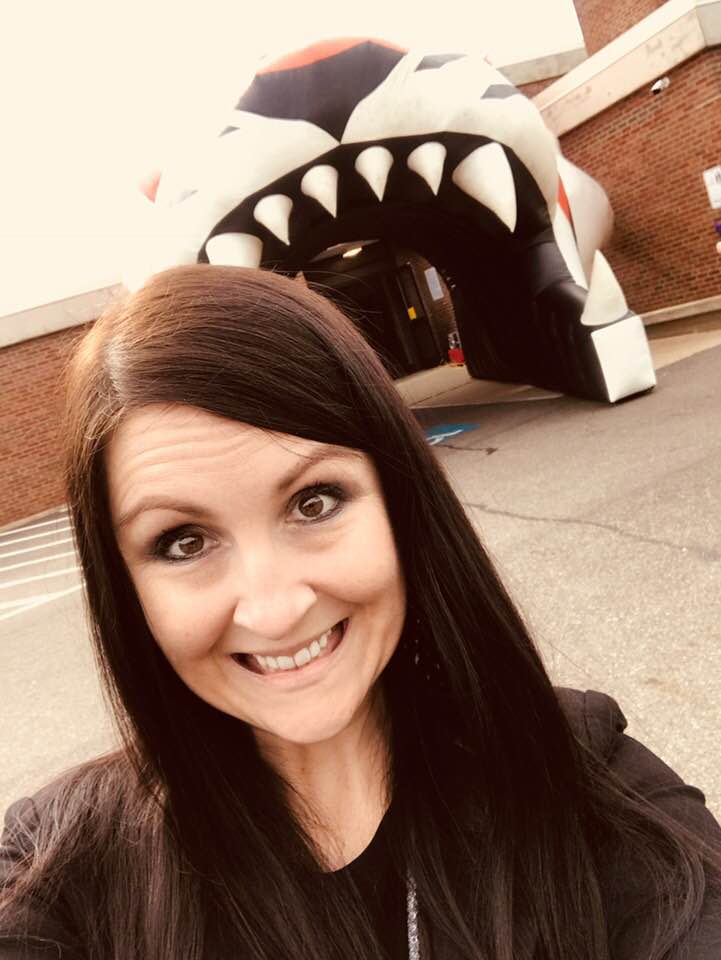Jennifer Golbeck: The curly fry conundrum: Why social media “likes” say more than you might think
Do you like curly fries? Have you Liked them on Facebook? Watch this talk to find out the surprising things Facebook (and others) can guess about you from your random Likes and Shares. Computer scientist Jennifer Golbeck explains how this came about, how some applications of the technology are not so cute — and why she thinks we should return the control of information to its rightful owners.
Let’s say a college, who has its students go “like” their Facebook page, could do a data analysis of all the students on it’s Facebook site. That school could then categorize their students into those who complete their degrees, and those students who fail out or quit. Maybe there is a certain pattern that successful students take, and a certain like pattern that unsuccessful students demonstrate. What if liking Starbucks was an indicator of student success (drink more coffee, study longer) and liking the local bar (take out stress, let’s go drink!) was an indicator of student failure?
It’s often been said that the SATs, the ACTs, or GPA do not adequately predict who is going to be successful in college. What if social media data patterns DO tell us who is successful or not?
To take it a step further, what if schools made it so part of your college application package was to HAVE TO like the college page? Then, the school could collect data about you… What if the school sees a pattern in your Facebook likes that is that of an unsuccessful student, and then never lets you in? What if you didn’t know your data was being used in that way? What if the data shows that minorities have patterns of unsuccessful behavior? Could social media data discrimination be the next big outrage?
Or, what if this data was put towards helping students already enrolled? If the college sees a students starting a pattern on Facebook that shows distress - end of the semester complaining, substance abuse, withdrawing from friends - what if the school then stepped in to intervene? Just like in 1997, when I was in undergrad, the Resident Assistants would report you to the student life department if they thought you showed patterns of failure (sleeping late, missing classes, drinking, filthy room, not showering), what if Facebook is now used to look for patterns?
The data is there. Big Brother is here. My question is, should we not let scientists analyze our data? I might be HAPPY if Facebook reported to the college that I was showing a pattern of failure I didn’t recognize myself, and then got me help. I might not be happy, however, if my Facebook showed a pattern of failure, and the school kicked me out, because I was no longer worth “the investment.”
What if my employer could analyze me to see if I was worth hiring? (WHOOPS! They are already watching you at work)
What if doctors could predict which patients would comply with their directives? (WHOOPS! Neuroscientists already can)
What if Target could predict I was pregnant, and then send me coupons? (WHOOPS! Target already figured out a teen was pregnant, before she told her dad)
Here are the top ten movies that predicted the future, before it actually happened.
Chilling, thought-provoking, and raises more questions than it answers. What if I applied to a college, and they told me, “We analyzed your social media patterns, and those patterns show you only have a 23% likelihood of achieving your degree. Therefore, you don’t get in.” What if I could be in that 23% who DID succeed? Shouldn’t I be allowed to try? Or does the college know IN FACT that I CAN’T be successful, and won’t let me waste my money? Or does the school let me in, and THEN use my data to shape me, mold me, personalize my education to MAKE ME a success? Who gets to decide - me, Facebook, or the university?






 RSS Feed
RSS Feed
